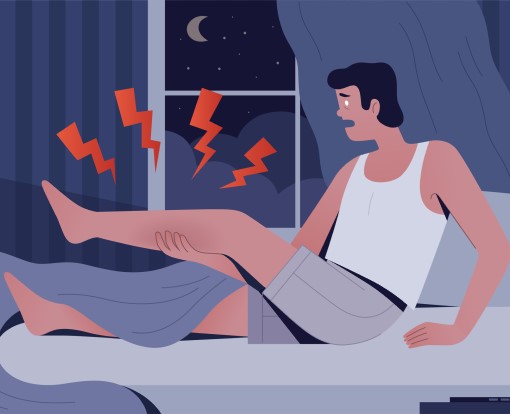
12 things to try if you can’t sleep because of sore muscles
By Jason Wooden, PhD | November 12, 2021
When you can’t sleep because of sore muscles, you’re dealing with a two headed monster of insomnia and a slower recovery. Poor sleep can also worsen body pain and aches.
For better sleep, you can try pain meds, CBD oil, turmeric, light stretching, ice and heat, adjusting your workout, seeing a doctor, and various other remedies.
When you can’t sleep because of sore muscles, it’s a two headed monster
We’ve all been there.
Lying in bed restless…
Waking up every 30 minutes or so…
And desperate for sleep any way you can get it.
Unfortunately, when you can’t sleep because of sore muscles, you’re in for a long miserable night.
So, how did you get here?
Maybe you pushed yourself too hard in a work out, over did it in a home project, or took a tumble off of a jet ski during vacation.
However it happened, you’re likely dealing with a two headed monster.
You can’t sleep because of muscle pain and soreness, your body doesn’t recover as quickly as it could because you’re not getting the sleep it needs.
Did you know every night one in three adults struggle with sleep? Night time pain and discomfort is a common sleep challenge for millions of people worldwide.
Muscle pain and soreness can result from a variety issues including:
- muscle overuse while exercising or engaging in other activities
- stress and anxiety causing the muscles to tense up for long periods
- dehydration which pulls fluids out of tissues
- injury from strain
- infections
- medications
- autoimmune diseases
Regardless of the specific cause for your muscle soreness, it’s all the same to your sleep.
So, you really need to know what you can do about that two-headed monster.
Let’s take a look at what you’re likely up against and some practical remedies to help you get the sleep you need to recover.
The surprising ways sore muscles can wreck your sleep
Did you know that when you can’t sleep because of sore muscles it ruins your sleep in more than one way?
Yes, it can keep you from you from falling asleep.
And it can cause you to wake up more frequently during the night as you toss and turn to get more comfortable.
However, the thing to keep in mind about sleep is that how WELL you sleep is just as important as how LONG you sleep.
Night time pain and body aches can keep you out of the deep restorative sleep that’s needed to wake up feeling refreshed.
Lastly, poor sleep can actually make muscle aches and pain feel worse. It can lower your pain threshold and increase your sensitivity to pain which may put you in an awful cycle – pain hurts sleep and sleep makes the pain hurt more.
So, pain and sleep are bad together in more ways than most people realize – it’s harder to fall asleep and stay asleep, you get less deep sleep, and you may experience more pain.
How poor sleep can affect the recovery of sore muscles
I’ve already mentioned how poor sleep can worsen aches and pain from sore muscles.
Well, here’s where we get to the two headed monster.
It turns out that sleep is also important for physical recovery. When the body enters deep sleep, the pituitary gland releases growth hormones that promote muscle repair and growth.
If you don’t get enough rest at night, the secretion of growth hormone will decline.
So, if you’re not sleeping because of sore muscles, you’re not allowing the body to do what it needs to for muscle recovery.
12 Things to try if you can’t sleep because of sore muscles
Okay, now that you have a better idea of what you’re up against, let’s see what you can do on those nights you’re battling the two headed monster of muscle soreness and poor sleep.
This obviously will depend on the exact causes and how serious things have gotten.
Depending on your situation, you can try:

1) Pain meds
Your options include popular over the counter relievers such as acetaminophen (Tylenol) and ibuprofen (Advil). There are also powerful prescription painkillers such as codeine, morphine, oxycodone, and Vicodin.
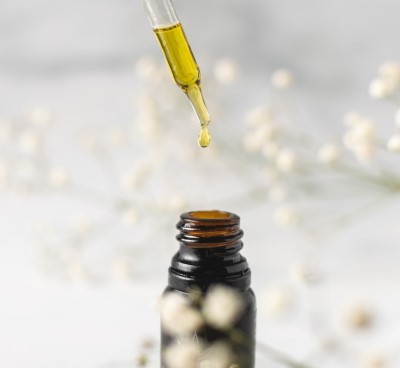
2) CBD oil
CBD (cannabidiol) is derived from the hemp plant which is a cousin of the marijuana plant. Unlike marijuana, it does not contain the psychoactive THC (tetrahydrocannabinol) which causes a “high.”
While more research is needed, studies have shown CBD can help with pain and anxiety.
Learn more:
Cannabidiol (CBD) — what we know and what we don’t (Harvard Health)
What You Need to Know And What We’re Working to Find Out (FDA)

3) Turmeric
Turmeric is known for its use in Indian curries and other middle eastern dishes. It’s also been used for centuries in both traditional Indian and Chinese medicine.
Research has shown it’s a powerful inflammation fighter.
Learn more:
10 Proven Health Benefits of Turmeric and Curcumin (Healthline)
How I’m using turmeric curcumin for inflammation, pain, and better sleep
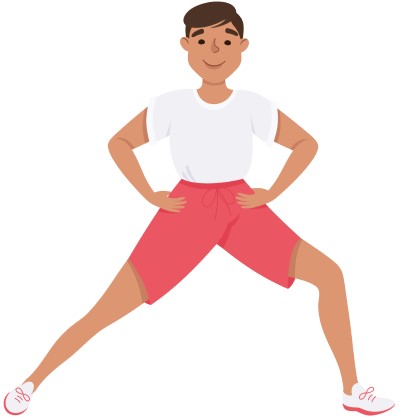
4) Light stretching
Depending on how serious your pain, a little GENTLE stretching may help relieve muscle soreness from a workout. If you’re dealing with significant or ongoing pain, it’s best to check with a doctor first so you don’t further aggravate an injury.
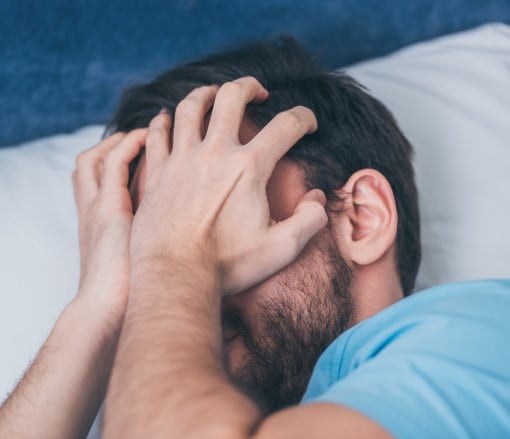
5) Keep the stress down
Feeling stressed out can trigger the body’s “fight-or-flight” response which can cause more inflammation and aggravate pain.
That makes it important to do whatever you can to keep the stress down. At night, you can try relaxing with calming music, breathing exercises, meditation, or aromatherapy.

6) Ice and heat therapy
Ice can be used to ease inflammation and swelling which can help numb pain. Heat can help promote blood flow and relax muscles.
Learn more:
How to Choose Between Using Ice or Heat for Pain (Cleveland Clinic)
Ice Packs vs. Warm Compresses For Pain (John Hopkins Medicine)

7) Music therapy
Studies have shown that music can promote relaxation and help relieve pain. It alleviates anxiety and stress which can contribute to pain. Learn more
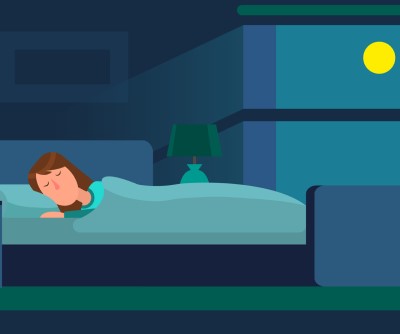
8) Try a different sleeping position
You’ve likely already tried this but I had to include it on the list. Depending on where the soreness is, you can try switching to sleeping on your back, stomach, or side.
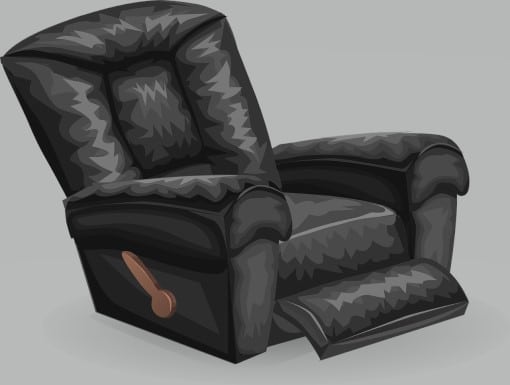
9) Try sleeping upright in a recliner
If you’re dealing with upper body soreness, temporarily sleeping in a recliner may be more comfortable.
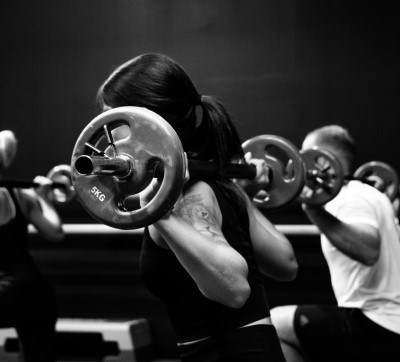
10) Adjust your workout
If your muscle soreness from exercising has become an ongoing issue for you, maybe it’s time to cut back or try a different activity.

11) Workout smarter
There are definitely things you can do to prevent muscle sores and aid your recovery.
Physical fitness trainers recommend you:
- Warm up with light exercises
- Drink adequate amounts of water
- Avoid over doing things
- Cool down with light stretching

12) See a doctor
If your muscle soreness is ongoing or getting worse, it’s worth getting help from a doctor. They can check for damage and help you figure out your best options for recovery.
Sources:
1. “Talking Points”, World Sleep Society website
2. Pain as a global public health priority. BMC Public Health volume 11, Article number: 770 (2011)
3. “7 causes of muscle aches”, 2021, SingleCare website
4. “Muscle Pain”, Cleveland Clinic website
5. “Sleep: The Secret Ingredient of Injury Recovery”, orthocarolina.com
6. Cannabidiol and Sports Performance: a Narrative Review of Relevant Evidence and Recommendations for Future Research. Sports Med Open. 2020 Dec; 6: 27.
7. “Here’s How Stress and Inflammation Are Linked”, 2018, Everyday Health
Connect with us:
About Us
Better Sleep Simplified® was founded as a place for you to get clear and well-researched information.
Our goal is to make sure you know about your options so that you take action sooner rather than later.
Check us out on YouTube:
Watch and Learn
Helpful sleep tips, interesting sleep facts and statistics you want to know about
Affiliate Disclosure
This site is a participant in the Amazon Services LLC Associates Program and other affiliate advertising programs designed to provide a means for sites to earn advertising fees by advertising and linking to them.
Important: BetterSleepSimplified.com is for informational purposes only and is not intended or implied to be a substitute for professional medical advice, diagnosis, or treatment. Always consult a physician for sleep and health concerns. See additional information.
